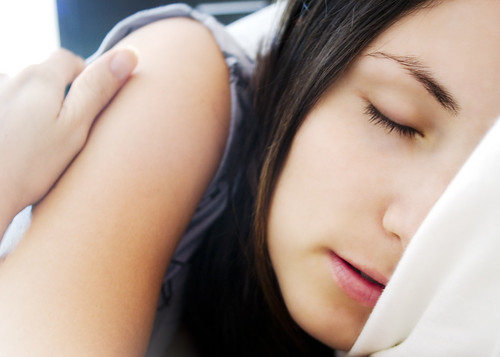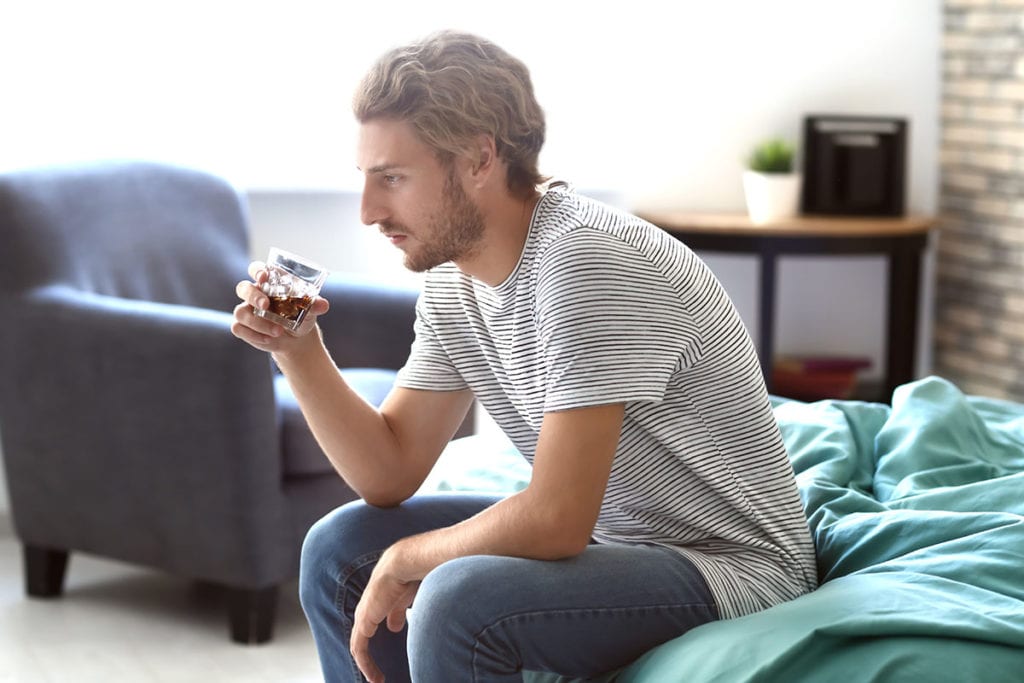
Even low doses of alcohol can keep you from getting a good night’s sleep, according to a new study by Trinity College of Dublin in Ireland. The researchers found moderate drinking reduces the quantity of sleep, while heavy drinking reduces the quality of sleep.
The Study
The week-long study monitored 33 college students with special wristband devices that track movement and know when the wearer is sleeping. In addition, the participants kept sleep diaries and completed daily questionnaires on alcohol consumption. The average amount of alcohol consumed each night was 2.8 ounces, which is the amount in three pints of beer or four glasses of wine. The participants were divided into those whose average alcohol consumption was below 2.8 ounces, labeled as “low-dose,” and those whose average was above 2.8 ounces, labeled as “high-dose.”
The Results
The low-dose group experienced a reduction in sleep quantity on the nights they drank, sleeping 47 minutes less than on the nights they didn’t drink. This is largely due to waking up earlier, an effect known as “metabolic rebound.” Alcohol can cause drowsiness immediately following consumption, but as the drug is metabolized and removed from your blood, you regain alertness. The high-dose group did not experience a reduction in sleep time, likely because larger quantities of alcohol take longer to metabolize, thus delaying the onset of alertness. They did, however, feel tired the next day. The researchers note that because participants self-reported their alcohol intake, there is a possibility of inaccuracy. Taken as is, the study adds weight to previous findings that alcohol disrupts sleep, and it makes a strong argument against using alcohol as a sleep aid.
Natural Ways to Aid Sleep
It’s time to rethink the nightcap. Here are some useful tips on how to get a restful night’s sleep:
- Exercise regularly. Studies show moderate exercise helps regulate energy levels, allowing you to stay alert during the day and to sleep soundly at night.
- Avoid staring at a computer or TV screen right before bed as the unnatural light can be stimulating.
- Reduce stress. To prevent racing thoughts before bedtime, adopt stress-reducing practices such as deep breathing or keeping a gratitude journal that helps you focus on the positive.
Image: planetchopstick Disclaimer: The pictures in this blog are being used for illustrative purposes only; and any person depicted in the content, if any, is a model.

